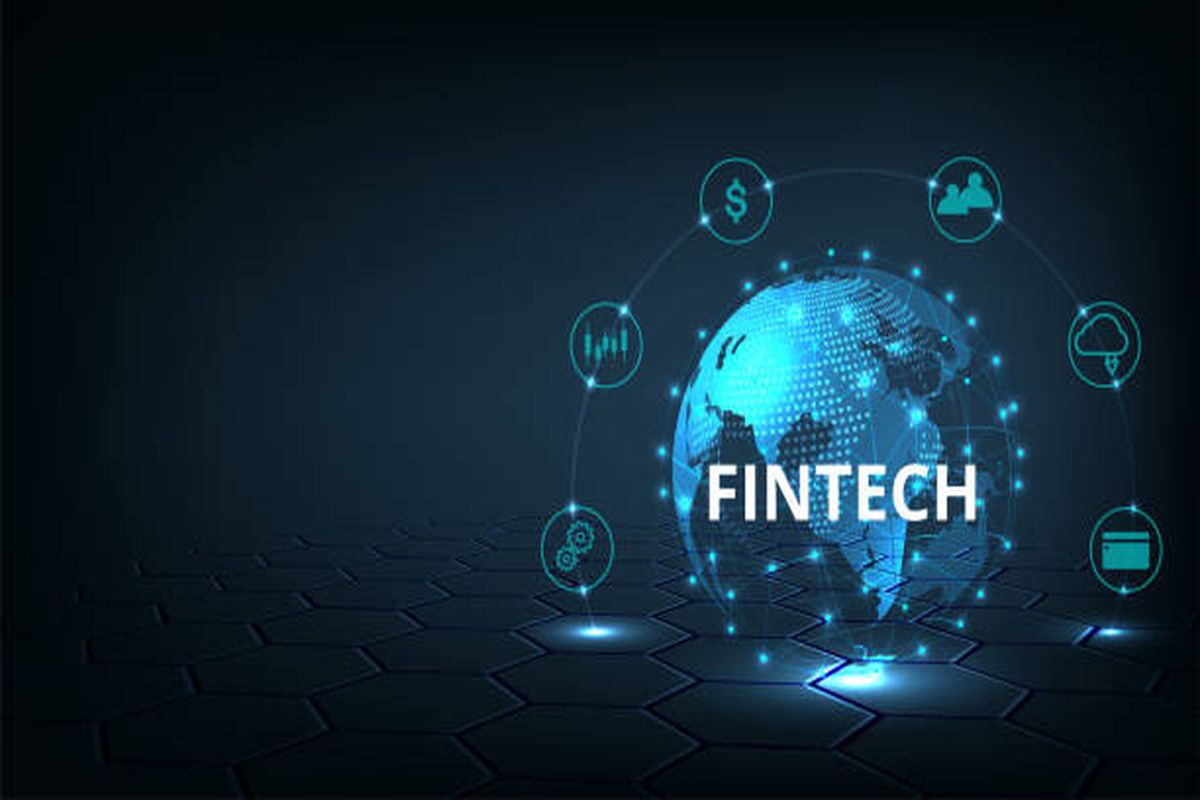Many businesses struggled in 2020 and 2022 because of the COVID-19 pandemic. Fintech, for example, saw strong expansion even as the epidemic spread. Customers who were unable to meet in person depended on virtual financial services, and these services were supported by fintech innovations that allowed for easy money transfers.
Ninety-six percent of people throughout the world say they are familiar with a minimum of one fintech service, demonstrating the sector’s meteoric rise in popularity. The rise in popularity of fintech has also contributed to the development of cryptocurrencies in recent times. Users were enthusiastic about platforms like Bitcoin Method.
In 2023, the financial industry is expected to be significantly impacted by improvements in financial technology, so let’s examine a few of these trends.
Financial Institutions Having Open Accounts
The most recognizable quality of conventional banks is their dedication to customer security. More individuals are looking to invest their money instead of keeping it in the bank as financial literacy increases. Customers are making use of open banking to take advantage of the competitive advantages offered by non-bank financial firms that provide more lenient terms on high-yield investment options. Through open banking, customers’ banking information is made available to vetted, third-party financial service providers through APIs for the express purpose of making investments, if the customer so chooses.
Related: Worldwide $37+ Billion Open Banking Market
The Importance Of Financial Education
It all depends on the consumer’s degree of financial knowledge. Most certainly, things would change if buyers had access to more financial literacy resources.
Go no further than fintech companies if you desire your pupils to get a solid understanding of personal finance. Consumers in financial straits might get insight from their better-off peers via big data analysis. Customers who just have a foundational understanding of personal finance might use fintech solutions to help them make wiser choices.
Independent Financial System
The ability to have a financially stable system that operates independently of a human is at the forefront of the most impressive developments in the field of financial technology. Managing responsibilities like employment, rent, utilities, insurance, cable, etc. might seem like a lot to take on at once. Using AI and ML, “independent financing” relieves clients of the burden of determining their personal fiscal choices. Fintech solutions will become more popular as consumers want to save up time by outsourcing mundane but necessary chores.
Online-Only Financial Institutions
Most people find it inconvenient to wait in line at the bank for an extended period. There are still wait times at the bank, despite the availability of internet banking, because of the restricted nature of the online services.
Until the epidemic, the idea of eliminating in-person interactions in the financial sector appeared unrealistic. After becoming a need for daily life, easy access to cash was something that traditional banking services could not provide. One of the most widely used fintech services is an electronic payment, according to the report. Banks of the new generation stepped up to the challenge by providing customer-friendly digital-only banking services that eliminated the need for customers to ever leave their homes.
Speech Processing Systems
The innovators in the fintech industry are focused on providing the most convenient services to their customers. Teenagers and younger adults that are part of Digital Natives are trailblazers in the IT industry. Products that appeal to them become immediate hits, and fintech is capitalizing on this by integrating speech technology into its solutions to make them more enticing.
To facilitate their online conversations, young people who like chatting are increasingly drawn to voice-based solutions. Fintech speech assistants enabled by artificial intelligence make managing money easier and more convenient. Voice recognition has also facilitated developments in biometric information for transaction verification.
Overall Discussion
There is no limit to what may be accomplished in fintech because of the dynamic nature of technological innovation. Consumers are demanding more agency in their financial lives, and innovative fintech services are responding to the challenge. The financial markets are rapidly adopting fintech trends due to their proven history of providing beneficial banking details, payment methods, swift and open operations, and more.









